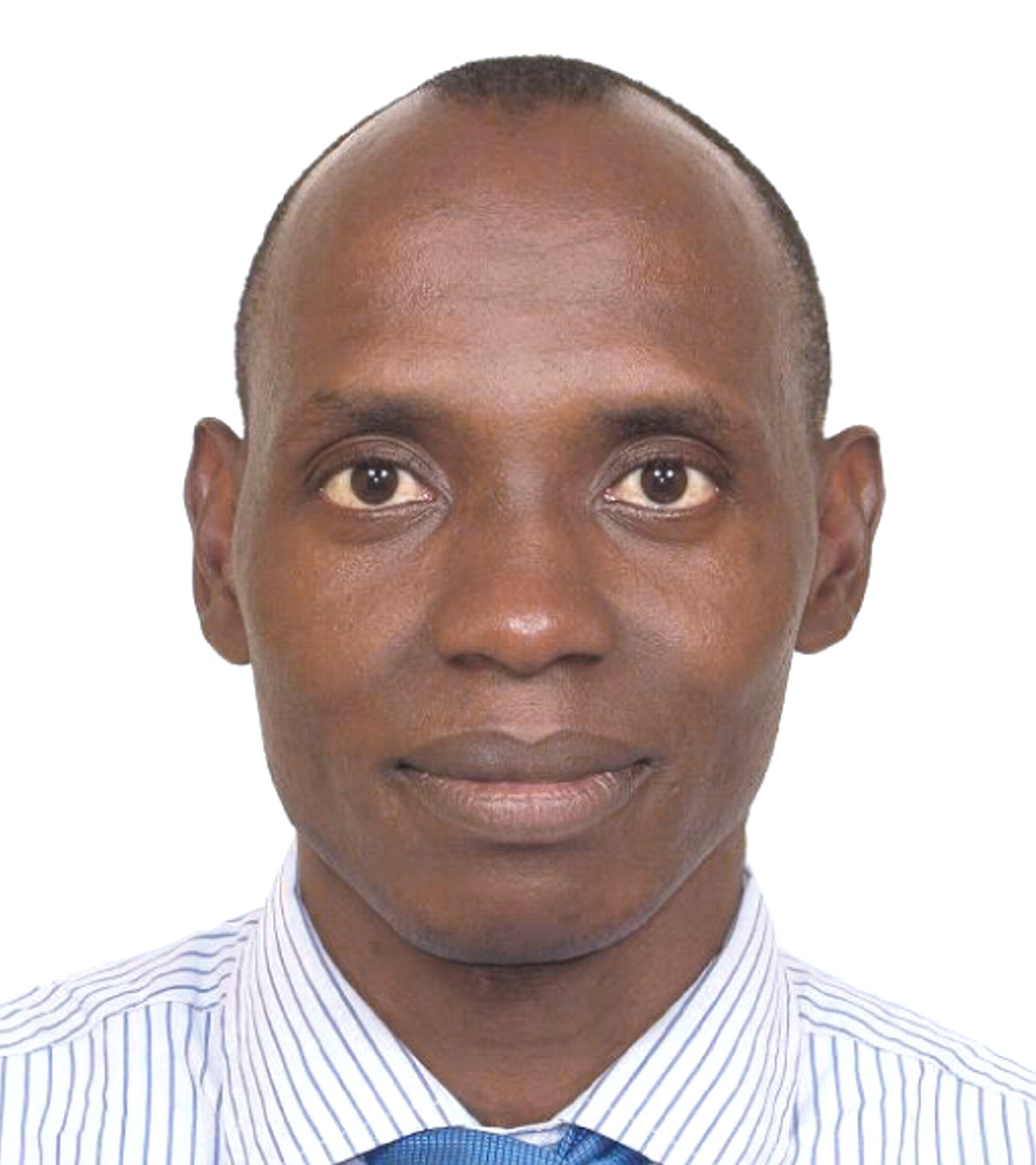A long-neglected area—mental health care in Africa—was singled out for special attention in the March
Psychiatric Services. It contained five papers on the subject that were part of a special issue on mental health care in countries other than the United States and Canada (see
Psych Services Takes Global Outlook).
In the first paper, Rachel Jenkins, M.D., a professor of epidemiology and international mental health policy at the Institute of Psychiatry, Kings College, London, and colleagues discussed some of the mental health care challenges facing people living in sub-Saharan Africa. For example, even though wealthy countries are giving more money to improve sub-Saharan Africans' health today than a decade ago, most is targeted to the treatment of diseases such as AIDS, tuberculosis, and malaria and to childhood vaccinations. Mental health care in Africa is not addressed in the United Nations' health care goals and is rarely mentioned in policy statements and operational plans by the World Bank, according to the authors. Twenty-one countries in sub-Saharan Africa do not have a line item for mental health in their health budgets.
However, some positive developments are occurring in sub-Saharan Africa with regard to mental health care, the authors noted. For example, the Kenya Medical Training College and the Kenya Ministry of Health are training some 3,000 primary care professionals to identify and treat people with mental illness. The week-long training helps participants better understand how poor mental health affects outcomes in child health, reproductive health, malaria, and HIV and how they can collaborate with traditional healers in delivering mental health care. More details about the Kenyan project will appear in the July World Psychiatry.
Coupling Mental Health to Primary Care
In a second paper, Jenkins and her coworkers reported another positive mental health care development in sub-Saharan Africa—in Somaliland.
Somaliland, a clan-based society with a large nomadic population, has very limited mental health care resources. For example, the first medical students ever to graduate in Somaliland did so without any formal mental health training. But all final-year medical students and interns in 2008 and 2009 received intensive mental health training and rigorous examinations thanks to mental health professionals from King's College Hospital and the Tropical Health and Education Trust in London.
Nigeria was the focus of a third paper, written by two Nigerian researchers. They are Abiodun Adewuya, M.D., a senior lecturer in behavioral medicine at Lagos State University College of Medicine and a recipient of a 2009 APA/AstraZeneca Young Minds in Psychiatry Award, and Roger Makanjuola, Ph.D., a professor of psychiatry at Obafemi Awolowo University.
Adewuya and Makanjuola evaluated the objective living situations and the life satisfaction of 99 Nigerians with schizophrenia. All of the subjects had been receiving antipsychotic medications for at least a year. The instruments used for evaluation were the Instrumental Activities of Daily Living Scale and the World Health Organization Quality of Life Scale.
Subjects scored most poorly on personal relationships, capacity to work, finances, and transport availability. For example, of the 99 subjects, 90 had difficulty establishing or maintaining a romantic relationship, 82 had few friends, 66 were unemployed, and only 10 had a means of transport—a car or a bicycle.
These findings have some practical implications, the researchers pointed out. For instance, “Advocacy and research grants could be used to implement a bicycle share program or vocational rehabilitation program” for individuals with schizophrenia.
High Level of Life Satisfaction
Regardless of their poor living conditions, subjects expressed a high level of satisfaction with their lives. One possible explanation for this discrepancy, Adewuya told Psychiatric News, is that “Nigerian schizophrenia patients focus more on their strengths than on their weaknesses, thereby rating their quality of life higher than expected.”
Another possible explanation, he said, is that since most Nigerians with schizophrenia have few opportunities to improve their lives, they may accept their illness and adjust their life expectations accordingly. Yet a third possibility is that antipsychotic medications improved subjects' outlook on life.
The fourth paper came from Crick Lund, Ph.D., a researcher at the University of Cape Town in South Africa, and colleagues. They conducted a study to determine the mental health care use patterns of 152 South Africans with schizophrenia. Data were gathered from the subjects, their relatives or associates, and hospital files.
Although most of the subjects had first sought help from primary care providers, very few of them had received appropriate treatment because the providers did not have the required knowledge. As a result, the subjects needed to be admitted to a psychiatric hospital to receive care. This situation needs to change, Lund and his group believe.
The final paper observed that since South Africa has 11 official languages, it urgently needs competent psychiatric interpreters as well.
Researchers at South Africa's Stellenbosch University and University of Cape Town examined the ability of six interpreters at a South African psychiatric hospital to translate key phrases commonly used in psychiatric interviews from English to Xhosa. Xhosa, one of the official languages of South Africa, is spoken by about 18 percent of South Africans.
The interpreters' skills varied widely, the researchers found. Some interpreters did not understand even basic psychiatric concepts and terms.
“We have reported these findings to the study hospital, which may use them in negotiations about language access with the relevant government department,” the researchers wrote. “We are also planning a training program for interpreters and clinicians.”

